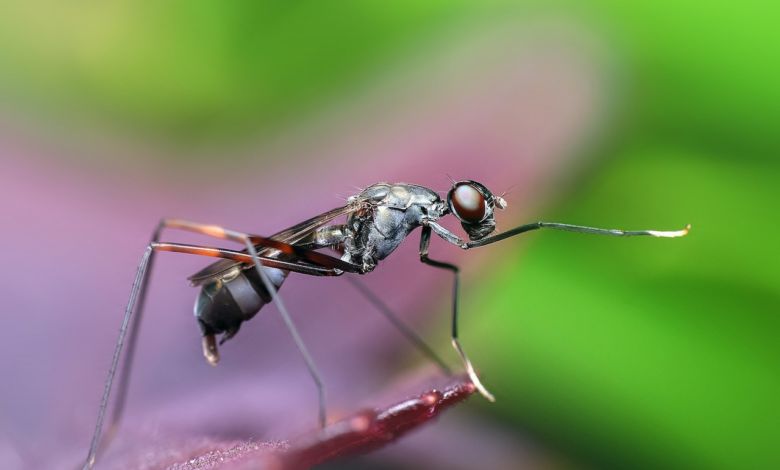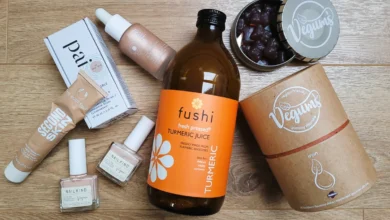Choosing the Best Mosquito Repellent Ingredients for Your Adventures

When you’re getting ready for outdoor adventures like hiking in the woods, camping by a peaceful lake, or simply having a backyard barbecue, there’s one unwelcome guest that can quickly spoil the experience – mosquitoes.
These small, blood-thirsty creatures can ruin even the most enjoyable outings. That’s where mosquito repellents come in handy. With so many options available, it can be challenging to figure out which ingredients are the most effective. In this guide, we’ll explore different mosquito repellent ingredients, ranging from DEET to natural oils, to help you make an informed decision.
Mosquito Repellent Ingredients
- DEET – The Gold Standard: DEET has been the go-to mosquito repellent for years. It effectively masks your scent, making it hard for mosquitoes to find you. To use it properly, choose a concentration between 20% and 50% depending on your outdoor activity and duration.
- Picaridin – A DEET Alternative: Picaridin is a synthetic compound that offers similar protection to DEET without the strong smell. It’s less likely to irritate the skin and is often recommended for people with sensitivities to DEET.
- Oil of Lemon Eucalyptus (OLE) – A Natural Alternative: OLE, derived from the lemon eucalyptus tree, is a natural option. It provides protection against various biting insects, not just mosquitoes, and is equally effective as low-concentration DEET.
- Citronella Oil – A Traditional Choice: Citronella oil is a well-known natural repellent found in candles and lotions. Although its efficacy is relatively short, it works well for shorter outdoor activities.
- Lavender and Peppermint Oils – Pleasantly Fragrant: Lavender and peppermint oils are pleasant-smelling natural options. While they don’t offer long-lasting protection like DEET or OLE, they can provide some relief and are great for casual outdoor gatherings.
- IR3535 – A Versatile Option: IR3535 is another synthetic compound effective against mosquitoes and other biting insects. Although less commonly used than DEET and picaridin, it can be a suitable alternative.
- Permethrin – Clothing Treatment: Permethrin is not applied to the skin but rather used to treat clothing. It creates a protective barrier against mosquitoes and ticks, making it an excellent complement to skin repellents
Choosing the Right Mosquito Repellent
Now that we’ve looked into different mosquito repellent ingredients, let’s talk about how to choose the best one for your outdoor adventures.
- Consider the Environment: If you’re in an area with a lot of mosquitoes, like a tropical rainforest, go with a repellent that has a higher concentration of DEET or picaridin. In milder conditions, natural repellents such as OLE or citronella oil might be enough.
- Duration and Activity: For shorter trips, natural repellents can work. But for longer excursions, especially in areas with a high risk of mosquito-borne diseases, it’s better to use a repellent with a higher concentration of DEET or picaridin.
- Personal Sensitivities: Take into account any skin sensitivities or allergies you have. If you’re prone to skin irritation, choose a repellent with a milder formula like picaridin.
Consider reaching out to home pest control services as well – they can help you find the right repellents for your needs.
Exploring Additional Considerations
When planning outdoor activities with children, it is crucial to prioritize their safety.
- For kids, there are repellents specially formulated with milder ingredients. These child-friendly options have lower concentrations of DEET or picaridin, offering effective protection without causing harm to sensitive skin.
- For those who prefer a DIY approach, there are several natural recipes using ingredients like essential oils, vinegar, and herbs. While these homemade repellents can be somewhat effective, they may not last as long as commercial products. However, they are a good choice for short outings or when you prefer to avoid chemicals.
Remember, it’s not only about protecting yourself but also about minimizing the impact on the environment. Some chemical repellents can be harmful to aquatic life and ecosystems if not used responsibly. Always follow instructions for disposal, and consider using clothing treatments like permethrin to reduce the need for direct skin application.
Conclusion
When it comes to choosing mosquito repellents, there’s no one-size-fits-all solution. Your decision will depend on your specific needs, preferences, and the conditions of your outdoor adventure. Just make sure to take into consideration factors like the environment, the duration of your activity, and any personal sensitivities. Also, carefully read the product labels and follow the instructions provided. You may also consider consulting with a mosquito repellent company for expert recommendations that are tailored to your location and circumstances.
Remember, while repellents can greatly enhance your outdoor experience, it’s crucial to use them responsibly to safeguard yourself and the environment. With the knowledge of these different ingredients, you can now confidently embark on your outdoor adventures, knowing that you’ve selected the best mosquito repellent for your needs.



